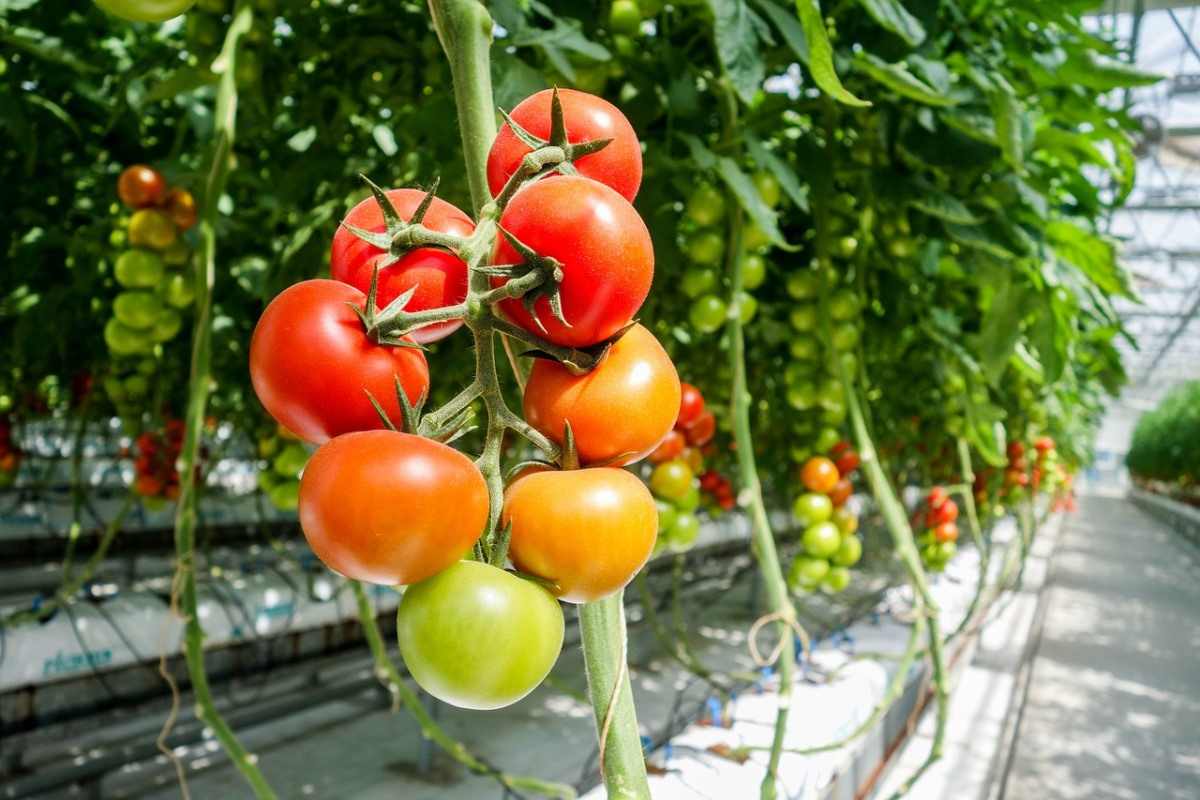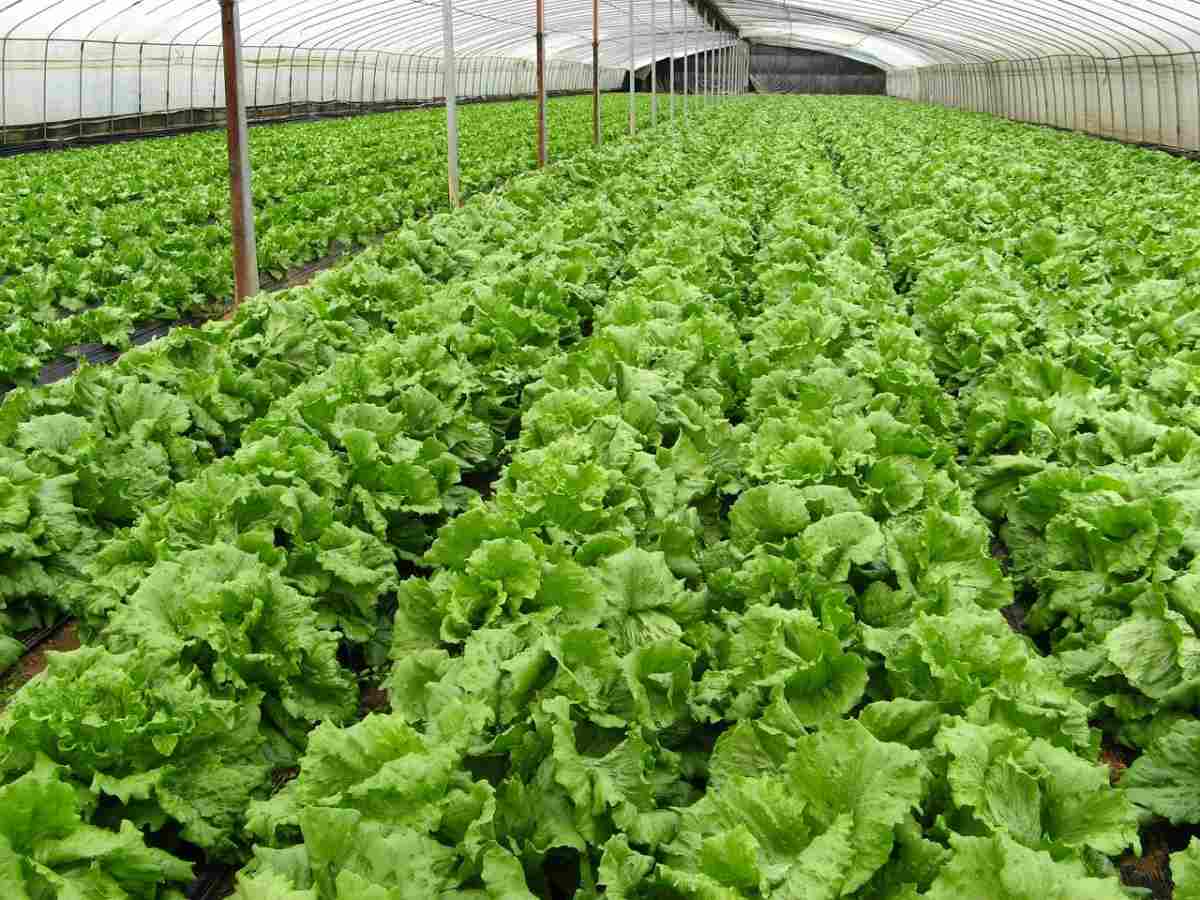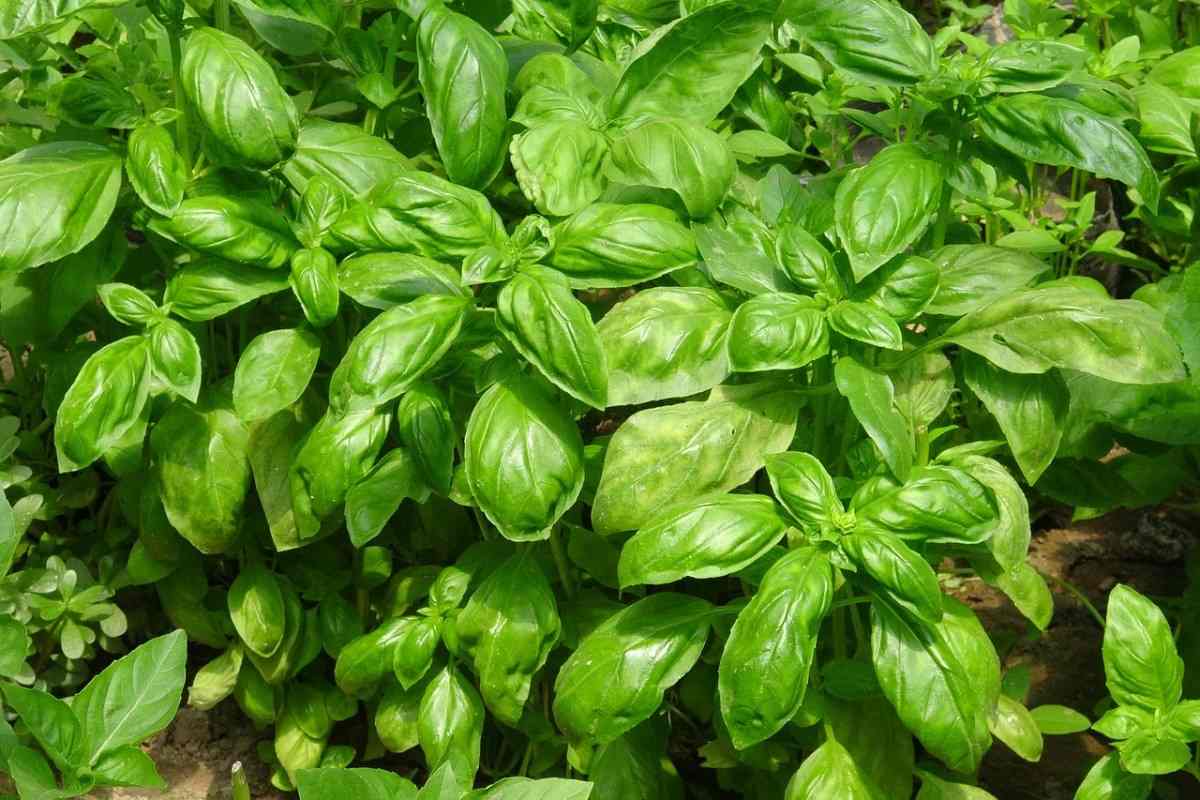Introduction to Organic Farming Mcq with Answers, Organic Farming Questions, Quiz: Hello friends, would you like to check your skills in organic farming? Well, here we have provided questions and along with multiple choices. Write down the right answer for each question and check at the end of the quiz. We have provided the right answers at the end. Organic farming is a system in which plants or crops are grown by maintaining natural ecosystems by avoiding the use of synthetic inputs such as fertilizers, pesticides, hormones, feed additives. The main practices of organic farming are crop rotations, cover crops, animal manures /composting, mineral grade rock additives, and vermicompost, etc…

Organic Farming Mcq with Answers, Quiz, Exam, Test, and Questions
1. How Organic Farmers enrich the soil?
| a) Fertilizers | b) Pesticides |
| c) Manures/Compost | d) Antibiotics |
2. How weeds are controlled in organic farming/cultivation?
| a) Wood chips Mulch | b) Pesticides |
| c) Herbicides | d) All the above |
3. How many years the land/soil must be treated as organic without using any prohibited chemicals and other substances to qualify for organic certification?
| a) 1-year | b) 2 years |
| c) 3 years | d) 4 years |
4. In which year an organic farming movement started?
| a) 2000 | b) 1980 |
| c) 1960 | d) 1930 |
5. What is the Importance and Benefits of Organic Farming
| a) No chemicals used | b) Environment friendly |
| c) Increases the soil health | d) All the above |
6. Which country has more organic farming practices
| a) Australia | b) India |
| c) The United States | d) The UK |
7. The best practice to maintain soil health in organic farming is
| a) Crop rotation | b) Synthetic fertilizers |
| c) Using black soil | d) Monoculture |
8. Which of these is NOT allowed in organic cultivation
| a) Sewage sludge | b) Crop rotation |
| c) Cover crops | d) Buffer zones |
9. Which is the main source of water for organic cultivation in India
| a) Rivers | b) Oceans |
| c) Tanks | d) Wells/Borewells |
10. Vermicomposting is prepared by
| a) Animals | b) Worms |
| c) Bacteria | d) Fungus |
11. Crop Yield in organic Farming When Compared to Conventional Farming is
| a) Less than conventional farming | b) More than conventional farming |
| c) Both are equal | d) None of the Above |
12. Azolla Biofertilizer is mainly used in this crop
| a) Jowar | b) Rice/Paddy |
| c) Maize | d) Millets |
13. Which of the Following is Nitrification Inhibitor
| a) Neem cake | b) Cottonseed cake |
| c) Groundnut cake | d) Mustard cake |
14. National Center of Organic Farming in India is located in
| a) Ghaziabad | b) Hyderabad |
| c) Kochi | d) Pune |
15. The soil pH can be increased by adding
| a) Lime | b) Nitrogen |
| c) Sand | d) Potash |
16. Which country represents the lowest percentage of area under organic farming out of the cultivated area
| a) India | b) Australia |
| c) China | d) the USA |
17. What is a major component of the organic farming/cultivation system
| a) Pesticides | b) Synthetic fertilizers |
| c) Chemical fertilizers | d) BioFertilzers |
18. Growing green manure crops in the field and incorporating in its green stage in the same field is known as
| a) Ex situ green manuring | b) In situ green manuring |
| c) Green leaf manuring | d) None of the above |
19. The breeding and rearing of earthworms in a controlled environment is called
| a) Vermiwash | b) Vermiculture |
| c) Vermicomposting | d) Vermicasting |
20. The main organic product export market for India is
| a) China | b) the USA |
| c) Canada | d) Europe |
21. The main concept of organic farming practices is
| a) Give back to the country | b) Give back to nature |
| d) Give back to the soil | c) None of the above |
22. The key principles of organic farming are
| a) Mixed farming | b) Crop rotation |
| c) Organic cycle | d) All the above |
23. The best way to identify the difference between organic and non-organic foods?
| a) Look for the organic label | b) By squeeze test |
| c) By Price | d) None of the above |
24. What is the first state of India that adopted organic farming very well
| a) Gujarat | b) Sikkim |
| c) Uttarakhand | d) Kerala |
25. Which one is the green manure biofertilizer
| a) Maize | b) Paddy |
| c) Sesbania | d) None of the above |
26. Usually, green manuring increases the crop yield
| a) 10 to 15% | b) 20 to 25% |
| c) 30 to 50% | d) 70 to 80% |
27. Azolla as a biofertilizer, increases the crop yield
| a) 70% | b) 60% |
| c) 50% | d) 40% |
28. Which one of the farming practices is eco-friendly?
| a) Hydroponics | b) Conventional farming |
| c) Organic farming | d) None of the above |
29. The cultivation cost of organic food is
| a) More than conventional farming | b) Less than conventional |
| c) Equal | d) None of the above |
30. The soil fertility is reduced due to
| a) Poor drainage | b) Imbalanced use of fertilizers |
| c) Overwatering | d) None of the above |
31. Is there any subsidy provided for organic farming in India?
| a) Yes | b) No |
| c ) Depends | d) None of the above |
32. The three primary nutrients needed for plant growth are
| a) Nitrogen, phosphorus, and potassium (NPK) | b) Calcium, zinc, and copper |
| c) Calcium, sulphur, and magnesium | d) Zinc, boron, and copper |
33. Which cropping method involves growing two or more crops simultaneously on the same land?
| a) Mixed Cropping | b) Intercropping |
| c) Ultra cropping | d) Intensive cropping |
34. What does G.M.O stand for in the farming/food sector?
| a) Good Morning Officer | b) Growth Maturity Organism |
| c) Genetically Modified Organism | d) General medicine order |
35. Which of the following is a synthetic mineral nutrient?
| a) Compost | b) Vermicompost |
| c) Farm Yard Manure (FMY) | d) Fertilizer |
36. What is intercropping?
| a) Maximum utilization of nutrients supplied | b) Continous irrigation |
| c) There are no set pattern of rows of crops | d) Harvesting two crops at a time |
37. Which of the following processes reduces soil fertility?
| a) Intensive crops Growing (agriculture) | b) Intercropping |
| c) Crop rotation | d) Cover crops |
38. What plants/crops contain nitrogen-fixing bacteria?
| a) Cotton | b) Paddy |
| c) Maize | d) Gram crops |
39. Which of these is made by using chemicals?
| a) Pesticides | b) Biofertilizers |
| c) Organic manures | d) Organic composts |
40. Who is the father of the Green Revolution in India?
| a) Gandhi | b) M.S. Swaminathan |
| c) Nehru | d) Patel |

Answer key for the above organic farming multiple-choice questions
1) c 2) a 3) c 4) d 5) d 6) a 7) a 8) a 9) d 10) b 11) a 12) b 13) a 14) a 15) a 16) a 17) d 18) b 19) b 20) d 21) b 22) d 23) a 24) b 25) c 26) c 27) c 28) c 29) a 30) b 31) a 32) a 33) a 34) c 35) c 36) c 37) a 38) d 39) a 40) b
In case if you miss this Biofloc Fish Farming Questions and Answers.

- How to Make Houseplants Bushy: Effective Tips and Ideas
- Innovative Strategies for Boosting Coconut Pollination and Yield
- Pollination Strategies for Maximum Pumpkin Yield
- The Complete Guide to Chicken Fattening: Strategies for Maximum Growth
- Natural Solutions for Tulip Problems: 100% Effective Remedies for Leaf and Bulb-Related Issues
- Revolutionizing Citrus Preservation: Towards a Healthier, Greener Future
- Natural Solutions for Peony Leaf and Flower Problems: 100% Effective Remedies
- Maximizing Profits with Avocado Contract Farming in India: A Comprehensive Guide
- Natural Solutions for Hydrangea Problems: 100% Effective Remedies for Leaf and Flowers
- The Ultimate Guide to Choosing the Perfect Foliage Friend: Bringing Life Indoors
- From Sunlight to Sustainability: 15 Ways to Use Solar Technology in Agriculture
- The Ultimate Guide to Dong Tao Chicken: Exploring from History to Raising
- The Eco-Friendly Makeover: How to Convert Your Unused Swimming Pool into a Fish Pond
- Mastering the Art of Delaware Chicken Farming: Essentials for Healthy Backyard Flocks
- 20 Best Homemade Fertilizers for Money Plant: DIY Recipes and Application Methods
- How to Craft a Comprehensive Free-Range Chicken Farming Business Plan
- Brighten Your Flock: Raising Easter Egger Chickens for Beauty and Bounty
- How to Optimize Your Poultry Egg Farm Business Plan with These Strategies
- Subsidy for Spirulina Cultivation: How Indian Government Schemes Encouraging Spirulina Farmers
- Ultimate Guide to Raising Dominique Chickens: Breeding, Feeding, Egg-Production, and Care
- Mastering the Art of Raising Jersey Giant Chickens: Care, Feeding, and More
- Ultimate Guide to Raising Legbar Chickens: Breeding, Farming Practices, Diet, Egg-Production
- How to Raise Welsummer Chickens: A Comprehensive Guide for Beginners
- How to Protect Indoor Plants in Winter: A Comprehensive Guide
- Ultimate Guide to Grow Bag Gardening: Tips, Tricks, and Planting Ideas for Urban Gardeners
- Guide to Lotus Cultivation: How to Propagate, Plant, Grow, Care, Cost, and Profit
- Agriculture Drone Subsidy Scheme: Government Kisan Subsidy, License, and How to Apply Online
- Ultimate Guide to Raising Araucana Chickens: Breed Profile, Farming Economics, Diet, and Care
- Bringing Hydroponics to Classroom: Importance, Benefits of Learning for School Students
- Ultimate Guide to Raising Polish Chickens: Breed Profile, Farming Economics, Diet, and Care